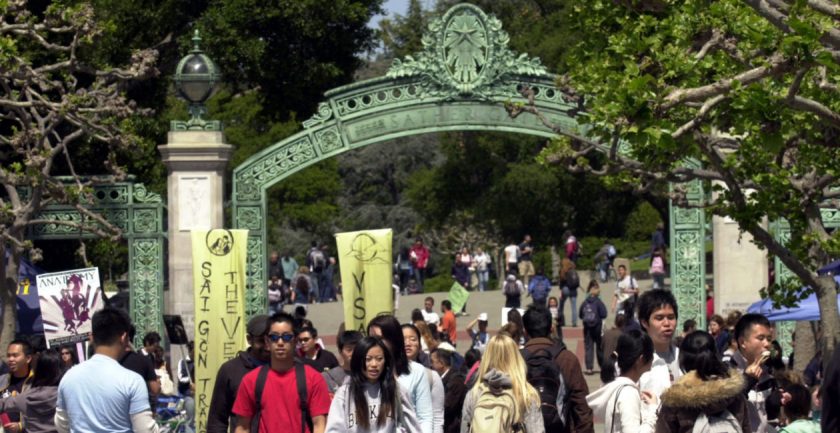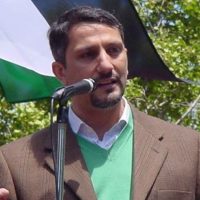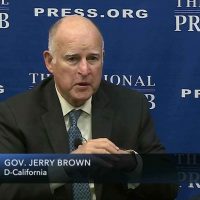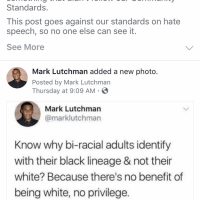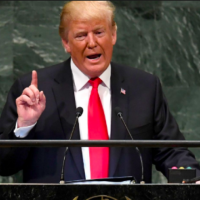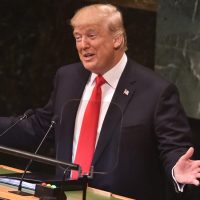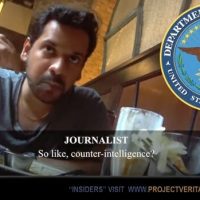The University of California at Berkeley, regarded as the birthplace of the free speech movement, has done away with one of its historic “free speech zones.”
Carol Christ, chancellor of UC Berkeley, last month emailed a statement to students, faculty, and staff detailing changes to the university’s policy regarding free speech events on campus.
Among the changes is designation of the West Crescent section of campus as a “free speech zone,” meaning it will not be subject to additional restrictions imposed last year on other areas of campus.
But Christ also announced that Lower Sproul Plaza, which historically has been considered a free speech zone, along with Upper Sproul Plaza, now will be subject to those restrictions.
The restrictions are part of the university’s “Major Events Policy” implemented in the wake of conservative speaker Milo Yiannopoulos’ aborted “Free Speech Week” event in September 2017.
The new policy was proposed by a commission upon review of the Yiannopoulos incident and several other hotly contested events featuring conservative speakers invited in 2017, among them David Horowitz, Ann Coulter, and Ben Shapiro.
Christ’s announcement Sept. 10 is in line with the April report of the commission, which recommended the chancellor extend the new policy to Lower Sproul Plaza.
Reasons for the Restrictions
The commission’s report indicates that the upper and lower parts of the plaza are “traditional free speech zones.”
“They are exempt from the Major Events Policy, allowing for impromptu gatherings in accordance with the time, place, and manner guidelines” of the university.
“Either adding or moving free speech zones would relieve the burden on this area and reduce the likelihood that vital services will be interrupted,” the report says.
Christ said the decision to impose greater restrictions on Lower Sproul Plaza was motivated by “its proximity to so many buildings that house student-facing services and programs.”
“While most current uses of Lower Sproul Plaza would not be affected, the campus will be able to relocate large, potentially disruptive events from Lower Sproul to a more suitable location,” she said.
Christ also said the university “will promote more opportunities for constructive debate inside and outside the classroom, supporting campus units, departments, and student organizations which seek to host events that encourage intellectual discourse across political and ideological divides.”
Relocating Events
The free speech movement at Berkeley began on Sproul Plaza. It later became the movement’s central location and focus for years.
Student groups traditionally have used both the upper and lower parts of the plaza to promote their organizations. Students and nonstudents alike also use the plaza to express political and religious views, often with amplified sound.
Compared with Upper and Lower Sproul, West Crescent is not as popular a section of campus for foot traffic and is not a traditional free speech zone. With regard to the change, the commission says in its report that the university will have to “overcome reluctance to hold large gatherings” away from central campus.
Read the full story from The Daily Signal
Want more BFT? Leave us a voicemail on our page or follow us on Twitter @BFT_Podcast and Facebook @BluntForceTruthPodcast. We want to hear from you! There’s no better place to get the #BluntForceTruth.

